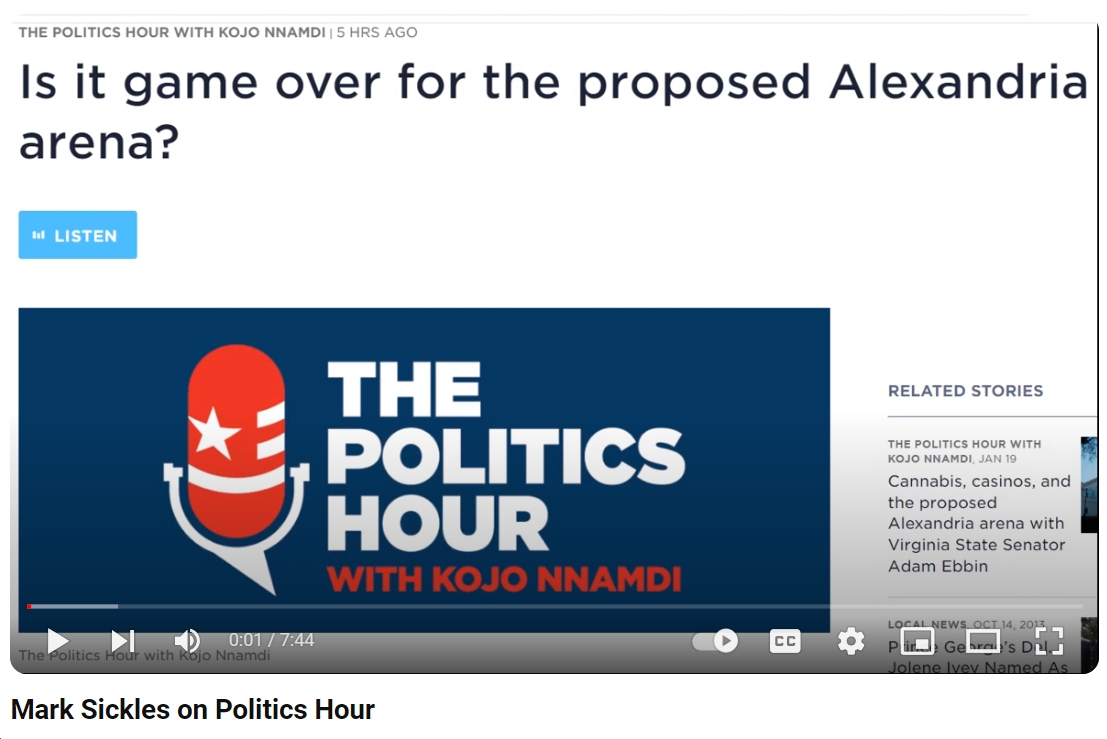 (cross-posted at frankoanderson.com)
(cross-posted at frankoanderson.com)
Some analysts are predicting serious soul-searching in the Republican Party in the event that Trump is the nominee and if he loses in November. I don’t buy it. And it’s not just because theirs is not a party accustomed to reflection.
The first reason is that there is not a monolithic party (on either side). What we consider the Republican Party is just a loosely affiliated network of national, state and local Republican units, campaigns and third party organizations. It’s clear to any casual observer that they are not marching in lockstep with each other. The only thing they have in common is that they vote Republican every time. (Don’t buy the talk about droves of Republicans staying home this year if Trump’s the nominee; some will, but most would still vote Trump because they hate Hillary Clinton more than Donald Trump. They may not volunteer, but they will vote.)
If there is no such thing as a unified Republican Party, how could there be a unified Republican response to another loss in 2016? Take a look back at 2012 and the GOP’s “Autopsy” report. The prevailing elements of the party’s adherents learned nothing from that election. I think it’s time for the Autopsy to have its own autopsy.
The other major contributing factor is the theory of the True Conservative candidate. “If only we had had a True Conservative, then we might have won,” say the proponents of this theory. They lost with McCain in 2008 and Romney in 2012. Even George W. Bush, some believe, didn’t govern as a True Conservative and that is what led to the rise of Barack Obama.
If Ted Cruz is nominated, and he loses this November, then that theory can finally be put to rest. It’s hard to see Cruz winning any more states than Romney won in 2012, but don’t bother bringing up the electoral math when it comes to these folks. They currently believe there’s a huge “silent majority” of evangelical and conservative voters who were just waiting for the Right candidate before they could finally come out and totally sway the outcome of an election. Unfortunately for Cruz, the Trump campaign has already capitalized on the silent majority and has designed rally signs for them to wave at his events (“the Silent Majority stands with Trump”). Never mind that they are anything but silent.
However, if Trump is nominated and he loses in November, then roughly half of the Republican/conservative electorate will blame it on the fact that they once again didn’t nominate a true conservative. In this case, you can expect no soul-searching and zero significant changes in the platform. After all, they won big in 2014 (albeit with the lowest turnout since WWII). It would be considered just another bump in the road.
















